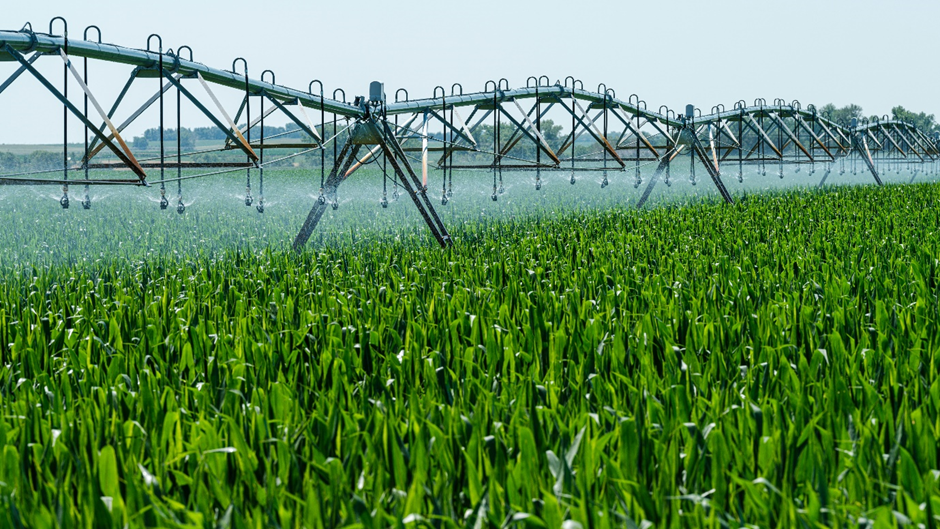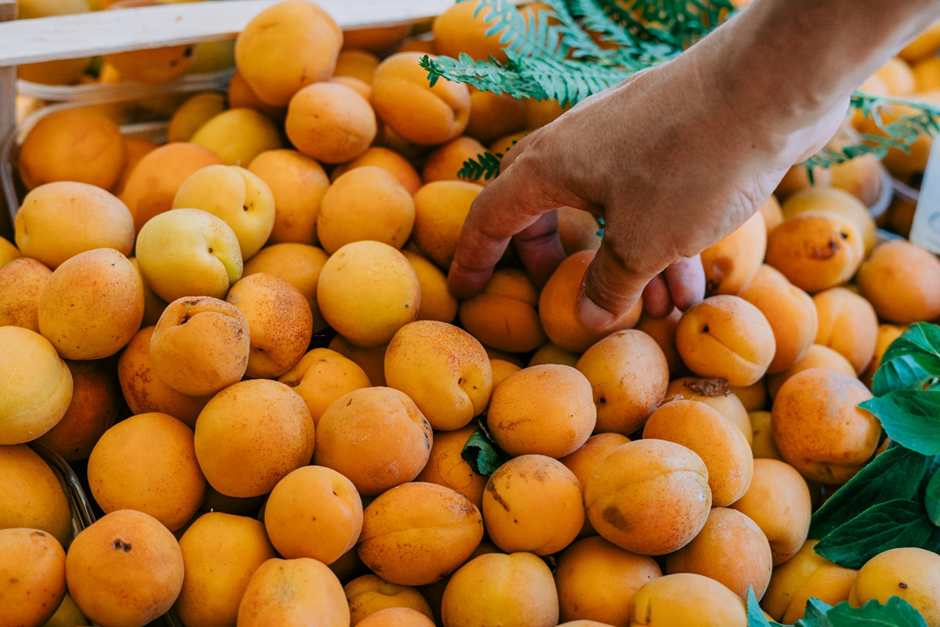Contact Info
- 6th Floor, I & M Building 2nd Ngong Avenue, Upper Hill
- +254 (0)20 2985000; +254 (0)729 111031 / +254 (0)731 000065
- info@pasgr.org
- Office Hrs: Today 9.00am to 6.00pm
By Jim Kaketch and Elijah Kabari,
Food systems, which encompass all the activities involved in the production and consumption of food on a daily basis, have become a prominent topic in global policy discussions as a means of achieving optimal food security. This is particularly crucial for many countries, especially those in the Global South, as they have experienced periods of food insecurity in the past decade. While food insecurity has long been a challenge in Africa, recent events such as the COVID-19 pandemic, climate change, and conflicts like the Russia-Ukraine war have exposed the existing weaknesses in food systems, specifically in Sub-Sahara African nations. The pandemic, along with lockdowns and travel restrictions, disrupted the production, distribution, and consumption of fresh food, highlighting the vulnerabilities present in our food systems.
Unfortunately, policy responses to the pandemic often overlooked important actors and groups within the food system, including producers, pastoralists, women, low-income groups, and informal traders. Consequently, social inequalities and vulnerabilities have worsened, particularly in rural communities and households led by women. The lingering effects of the pandemic, combined with climate change and geopolitical conflicts, continue to have devastating consequences for Kenya’s food systems and food value chains. Resolving the food crisis effectively necessitates a comprehensive and interconnected approach, rather than isolated interventions.
Transforming food systems demands a thorough understanding of the intricate connections among food production, processing, distribution, and consumption. These connections are influenced by factors such as nutrition, social dynamics, environment, and economics. The Kenyan government and private sector have taken some steps to address food security through policy interventions and programs. However, despite these efforts, food insecurity remains a significant challenge. While the policy interventions have been praised, there is currently no overarching right to food policy in place. Furthermore, the policies related to agriculture, land, planning, finance, and other sectors are not aligned to ensure food security. Thus, it is critical to establish a policy and legal framework that harmonize policies across multiple sectors.

Additionally, the existing policies primarily focus on rain-fed traditional agriculture, disregarding the impact of climate change and the unpredictable weather patterns, resulting in prolonged periods of drought. Similarly, the interpretation and implementation of these policies, as well as the enforcement of existing legislation, are inadequate. Strengthening the capacity for implementing these policies and expanding the scope of the food system is necessary. Moreover, there is a lack of an enabling policy environment for food recovery, and limited resources and capability hinder food processing. As a result, these obstacles from the farm-level have significant consequences on food consumption patterns in the country and the overall health of consumers.
Given the current state of food insecurity in Kenya, prompt and coordinated action from policymakers and stakeholders is crucial. Only through collaborative efforts and holistic approaches can we establish a stronger and more equitable food system that exhibits resilience in the face of imminent challenges. Consequently, it is imperative to convene a forum of key stakeholders to identify the vulnerabilities of contemporary food systems, which are often highlighted during times of uncertainty, such as the COVID-19 outbreak and political tensions after election cycles in Kenya. The focus should not only be on visible disruptions, such as limited access to safe and affordable food during movement restrictions and market closures, but also on understanding who is disproportionately affected by these disruptions. Women, especially when it comes to high-value, labor-intensive, perishable commodities like fruits and so forth, tend to bear the brunt of these challenges.
Against this backdrop, PASGR in partnership with IDRC launched the food systems transformation (FST) uptake project with the aim of strengthening Kenya’s food systems towards addressing the country’s persistent food security challenges. This project is anchored on PASGR’s tested and innovative Utafiti Sera approach which builds, promote, supports, and enhances communities of researchers and policy actors working together to ensure evidence-informed decision making (EIDM). Unlike many policy conversations that solely address the farm-to-fork aspect, the discussions in the Utafiti Sera Food Systems Transformation house (safe space, platform, avenue, vehicle) encompass the entire spectrum of food production and consumption, from the farm to the fork to the landfill. Taking this into consideration, PASGR is convening the FST Capacity Strengthening Workshop to raise stakeholders’ awareness about the critical policy challenges facing Kenya’s food system and how to address these issues to improve food security. The convening will provide a platform for discussing key policy matters related to Kenya’s food systems, with the goal of enhancing capacity and promoting the use of research evidence for policy development and implementation. Additionally, the convening will facilitate collaboration among stakeholders to create a policy framework for the Nairobi City County government.

The objectives of the three-day FST Utafiti Sera Capacity Strengthening Convening are as follows:
The anticipated outcomes from this convening include:
This workshop is scheduled for Tuesday, July 30th to Thursday, August 1st, 2024, at Lake Naivasha Resort in Naivasha. Participants from a range of sectors, including government agencies, research institutes, international organizations, NGOs, civil society organizations, farmers’ unions, development partners, and the private sector, are expected to attend.
A4EA AAU advanced research design African universities agriculture Applied Quantitative Methods APSP ARD CABE call for applications cash transfers COVID-19 employment energy EOI Featured higher education IDS INCLUDE Job opportunity LEAP Africa MMRC MRPP opportunities opportunity PAMOJA TRUST partnerships PASGR PDT pedagogy PedaL press release professional development and training professional training public policy Research research methods scholarships social protection Social sciences University of Ibadan University of Pretoria utafiti sera vacancy Youth employment

6th Floor, I & M Building
2nd Ngong Avenue, Upper Hill
P.O. Box 76418-00508
Nairobi, Kenya
Email: info@pasgr.org
Tel: +254 (0)20 2985000;
+254 (0)729 111031 / +254 (0)731 000065
Legal counsel provided by Hurwit & Associates and Muthoga Gaturu & Co. Advocates
